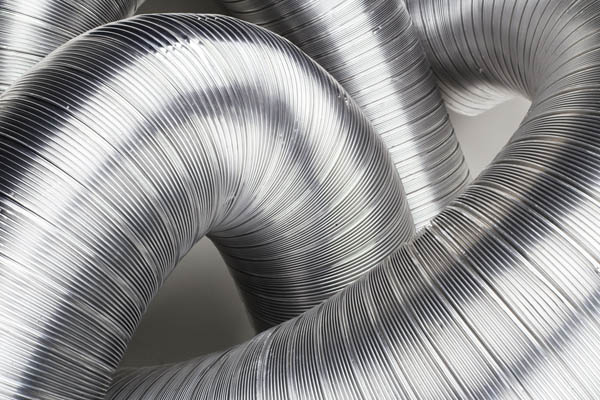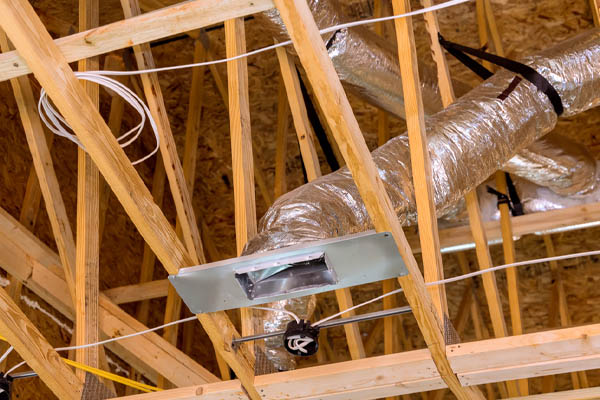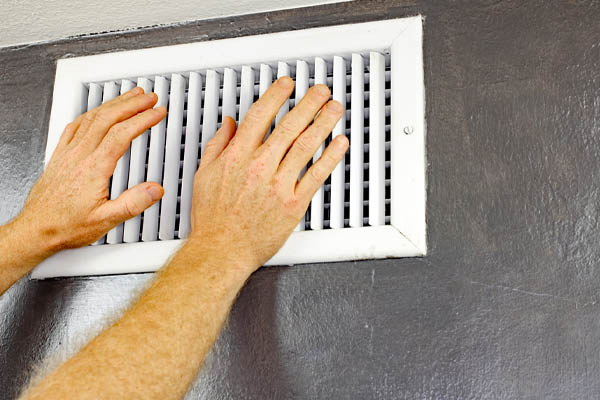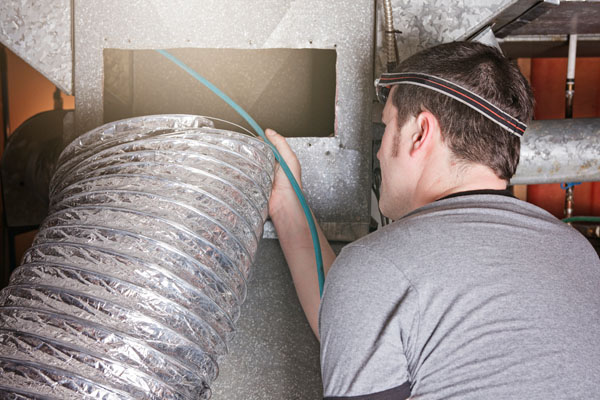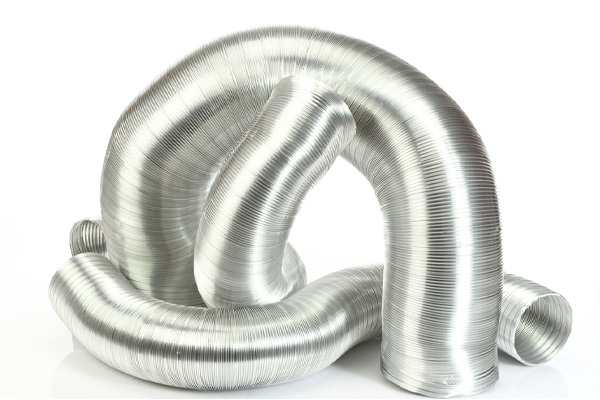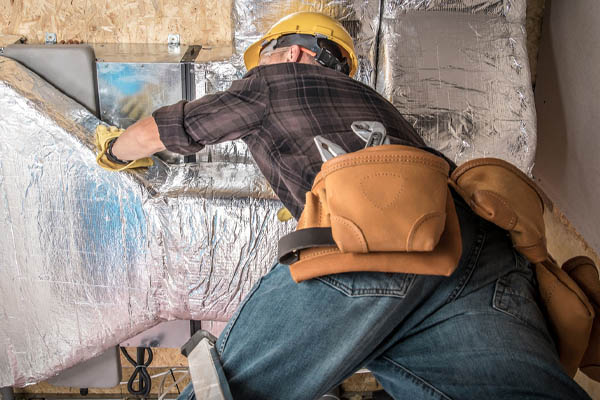
Your home should be a warm haven from the cold temperatures during winter. You may be desperate for more heat when you still feel cold inside your home. Most people crank up their thermostat settings to get more heat. This works, but it also drives up your energy bills. This is not a welcome trade-off. The good news is that alternative strategies can help you improve your indoor comfort without increasing energy costs. Keep reading as we discuss several heating hacks for home.
10 Winter Heating Hacks Without Cranking Up the Thermostat
Here are several home heating tips to help you improve your comfort during the winter season:
Related Article: Why Is Furnace Sizing So Important?
Upgrade Your Thermostat
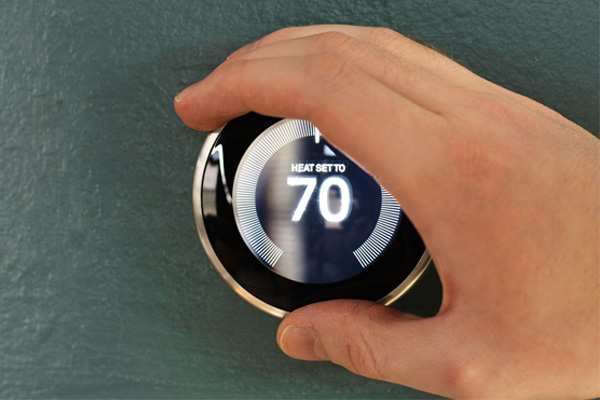
Your heating needs change at different times of the day. Therefore, the thermostat settings should be adjusted per the situation. You can manually adjust the temperature at different times, which can be a hassle. Automating the task is a better strategy. You can set it up and forget about it. A programmable or smart thermostat can make the changes for you consistently. These affordable devices are also easy to operate. Some devices can also sense movement, determining when the home is empty so they can adjust the heat for improved efficiency.
Change The Air Filters Regularly
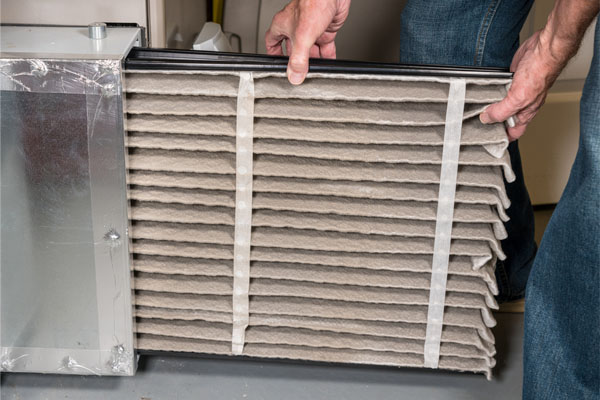
HVAC systems utilize air filters to capture dust, dirt, pollen, dander, and other impurities. It helps make your home a healthier space while keeping your system in good condition. However, the filters only work for a limited period. The accumulation of dirt on the filter’s surface can block the airflow and cause heating issues. Inspect the air filters once a month and replace them as needed to prevent problems. Fresh filters reduce the system’s energy consumption and improve system performance.
Add Window Insulation
Glass windows allow us to see the outdoors. However, they also let heat escape from your home. Installing double-pane windows can reduce this problem, but they can be expensive. It is cheaper and faster to use plastic film. You can find window film insulation kits at affordable prices. These products can stop cold drafts from entering your home. To install them, cut the sheets to size and use adhesive tape to install them. A hairdryer can aid in sealing the film. You can peel off the plastic when the winter ends. It won’t leave residue on the glass.
Related Article: Tips on How to Protect Your HVAC Warranty
Stop Door Drafts
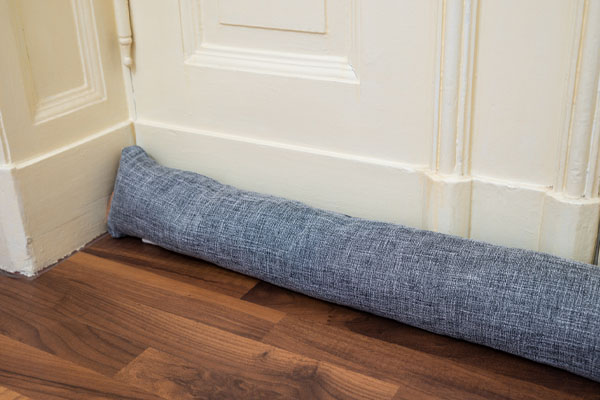
Doors typically don’t sit flush against the frame. You can always find a gap so the door doesn’t scrape the floor as it swings. However, these gaps also let cold air enter your home, lowering the temperature and making your heating system work harder. Place a draft stopper in front of your door to counter this issue. You can make your own using fabric and sand or buy a dedicated product. It should cover the door’s entire width to stop the cold air from passing through.
Seal Window Gaps
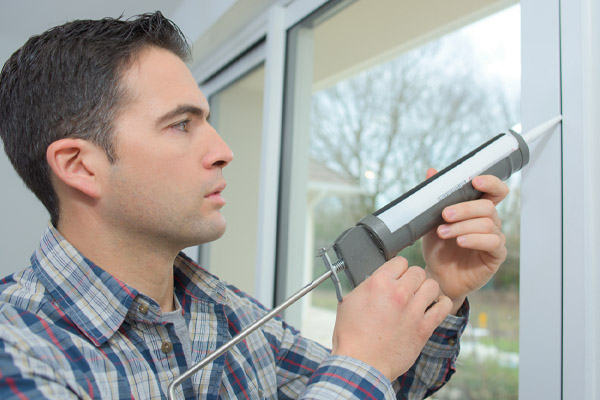
Insulating your window isn’t enough. You need to seal the gaps around them too. Replace any old or damaged caulking and add weatherstripping to block cold air. These should aid in keeping your home warm and comfortable. You can seal the windows’ exterior and interior. Some homeowners try to do everything on their own, but professionals can help you achieve better results.
Let The Sunshine Inside Your Home
The sun is Earth’s best natural source of heat. Use it to make your home warmer for free. It can increase indoor temperature and lower furnace dependence during the day. You only need to open the blinds and draw the curtains to let the sun shine inside. Keep in mind that the sun moves from east to west, so its heat impacts different rooms throughout the day. Close the blinds and curtains at night so the indoor heat doesn’t escape outside.
Related Article: The Importance Of Home Air Sealing Your Home On Energy Costs
Reverse The Fan Rotation
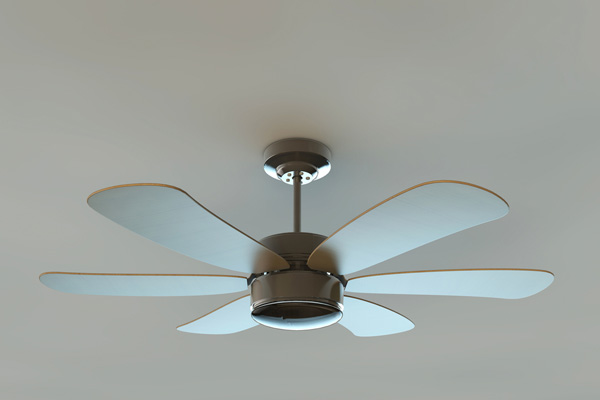
The rotation of the blade indicates the direction. A clockwise rotation of a ceiling fan means warm air rises. Use this strategy to help you get relief from the heat during summer. On the other hand, a fan running counterclockwise causes warm air to fall. This is what you want to occur during winter when there are frigid temperatures. Don’t underestimate this simple tip. Try it and feel the difference right away.
Related Article: Do Leaky Windows Affect How My Home Is Heated?
Open The Interior Doors
Keep exterior doors closed as much as possible so that cold air doesn’t get inside. Interior doors can be kept open to achieve enhanced air circulation. This helps ensure there is even heating throughout your home. Do this to the rooms with vents linked to the central heating system. Close the doors to rooms you want to stay unheated.
Inspect & Improve Insulation
Increasing the thermostat temperature won’t do much if there is poor insulation. Heat will keep escaping outside. Examine your old insulation to determine how it’s holding up. Pay careful attention to the exterior walls, attic, and basement. The existing insulation may be damaged and old. Consult an insulation contractor regarding your existing insulation’s condition and how to improve your home’s efficiency and comfort. You’d want to use materials with moisture resistance and a high R-value. Do this in the fall so you have enough time to upgrade if needed.
Related Article: Using Ductless As A Supplemental Heat Source
Make A Feast

HVAC systems aren’t the only heat source in your home. Other appliances like your stove and oven also produce heat, even if it isn’t their main purpose. You can get warm fast by baking a treat or cooking a meal. When the food is ready, take it out and leave the oven door open so the heat can move around your kitchen. This way, you’ll enjoy a hot meal in a warm room. Just remember to keep kids and pets away from the hot oven to prevent accidents.
Related Article: 9 Ways You Can Improve Indoor Air Quality During Winter
Conclusion
Additional heat can come from several sources. You don’t always need to depend on your HVAC system to crank up your indoor temperature. You can do it with the help of a ceiling fan, cooking appliances, and the sun. You can also feel warmer if you retain more heat, such as sealing the windows, closing the doors, and improving your home insulation. You can also enhance your HVAC system using a programmable or smart thermostat and replace the filters regularly. Consult an experienced HVAC technician if you require more advanced heating solutions.
Related Article: What Homeowners Should Know About Their HVAC Air Filters
Call Point Bay Fuel For All Your HVAC Requirements

Point Bay Fuel offers exceptional HVAC services in Ocean County and Monmouth County, New Jersey. Our professionally certified technicians offer top-notch heating and cooling installations, replacements, tune-ups, and repairs. Our techs are skilled, experienced, and knowledgeable to service any HVAC system correctly.
Our company guarantees to have quality and affordable HVAC services. Our maintenance services can enhance comfort and energy efficiency while lowering energy costs. We can suggest the best and most cost-effective solutions for your home if you require an HVAC repair or replacement. All of our work is guaranteed. Contact Point Bay Fuel to schedule a service appointment and receive a free, in-home estimate. Call now!
Contact us now by calling (732) 349-5059 to speak to one of our home comfort specialists! Click the link to view our service area.
The post 10 Winter Heating Hacks Without Cranking Up the Thermostat appeared first on Point Bay Fuel.
